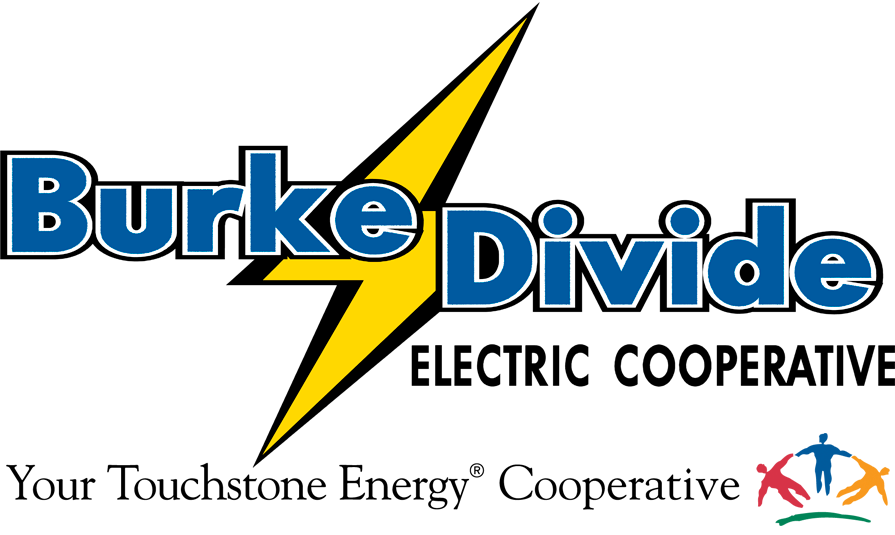 Factors that impact electricity prices
Factors that impact electricity prices
The daily cost of living has increased across the board. Just as inflation has impacted everything from the price of gasoline to the price of eggs, costs for the fuels required to produce electricity have also risen. I wanted to take some time this month to help explain some of the factors that impact electricity prices (and energy bills).
While there is no short answer, there are a few key elements that impact electricity prices and rates. Some of these factors we can manage internally at the co-op, some of them you can impact, and other factors are beyond our control. So, let me break it down.
For most members, there are two primary parts to your monthly electric bill: a service charge and an energy consumption/kWh charge. Members who have a three-phase service, typically large commercial accounts, also have a demand charge (kW). To understand your total energy costs and what impacts your bill, let’s look at one piece at a time.
The first is a fixed monthly service charge. This charge covers the costs associated with providing electricity to your home. This includes equipment, materials, labor and operating costs necessary to serve each meter in BDEC's service territory, regardless of the amount of energy used. In order to ensure the reliable service you expect and deserve, we must maintain the local system, including power lines, substations and other necessary equipment.
Like many other businesses, we’ve experienced supply chain issues and steep cost increases for some of our basic equipment. For example, the cost for a distribution transformer has doubled over the last four years and the wait times to receive this essential piece of equipment is up to two years. Because we are a not-for-profit cooperative, some of these expenses must be passed on to our members.
The other component of your monthly bill is the energy charge. The energy charge covers how much electricity (kilowatt hours) you consume. This charge is based on the co-op’s cost to purchase power from our power suppliers.
You’ve likely noticed the amount of energy you use can vary from month to month and is typically impacted by extreme temperatures. When temperatures soar or dip, your cooling and heating equipment run longer, which increases your home energy use. Regardless, energy consumption is an area that you have some control over, and you can lower your monthly bill by actively reducing energy use.
Members who have a three-phase will also have a demand charge on their bill. Demand is the total amount of electricity being used by a consumer at any one time and is measured in kilowatts (kW). Demand charges are how Burke-Divide Electric shares the costs of being ready and able to deliver enough electricity, whenever it's required, among all commercial consumers.
I hope this information sheds light on some of the factors that impact electricity prices. While we can’t control the weather or the rising costs of fuels, please know BDEC is doing everything possible to keep internal costs down.
We’re here to help you, too. Contact us if you have questions about your energy bill. Click here to learn ways to save energy at home.
Until next time,
Jerry King
General Manager
